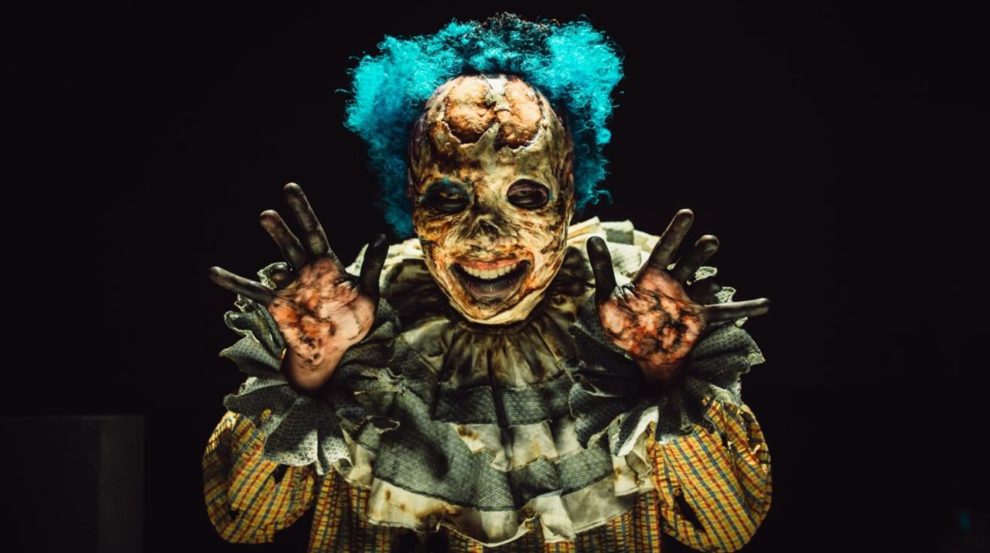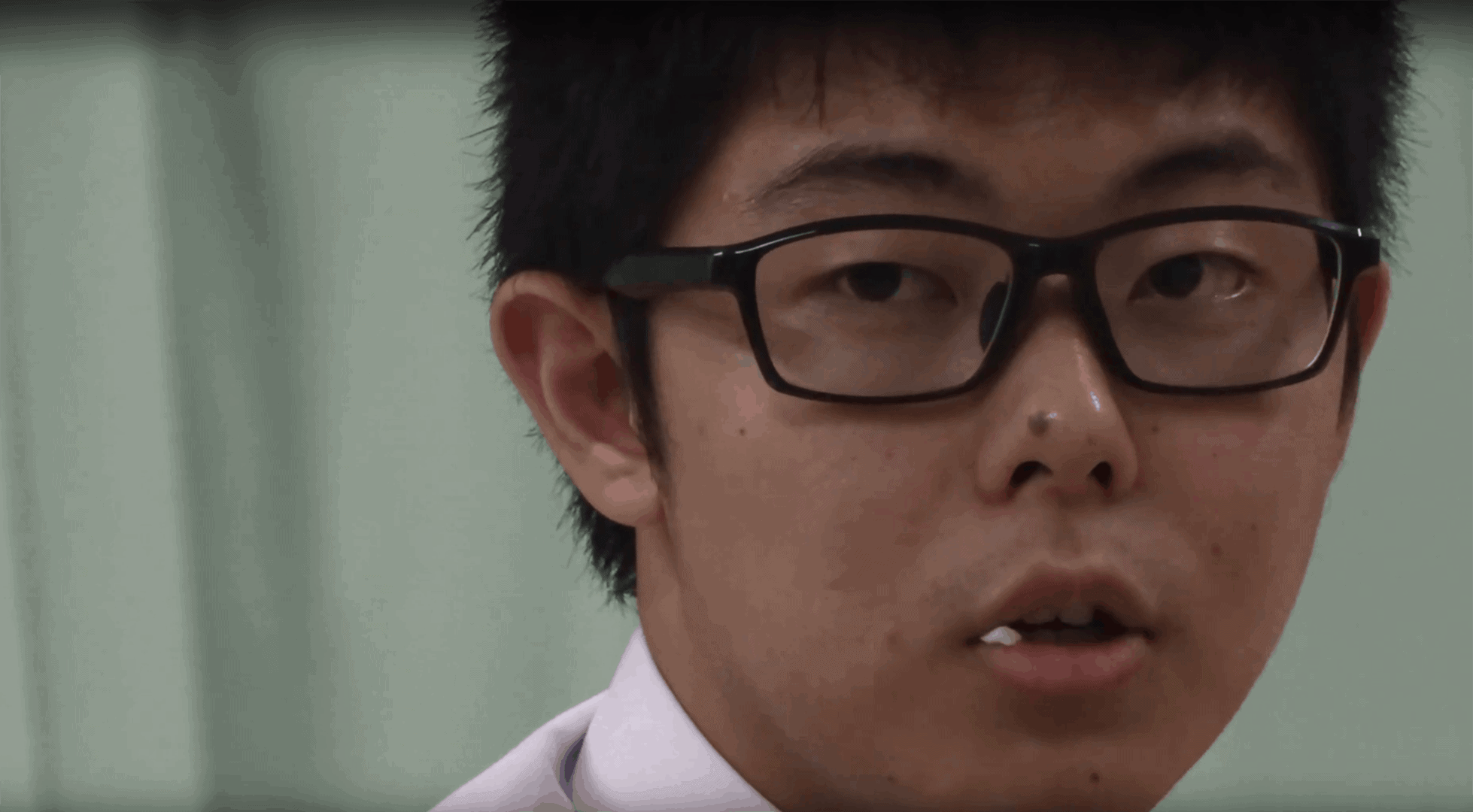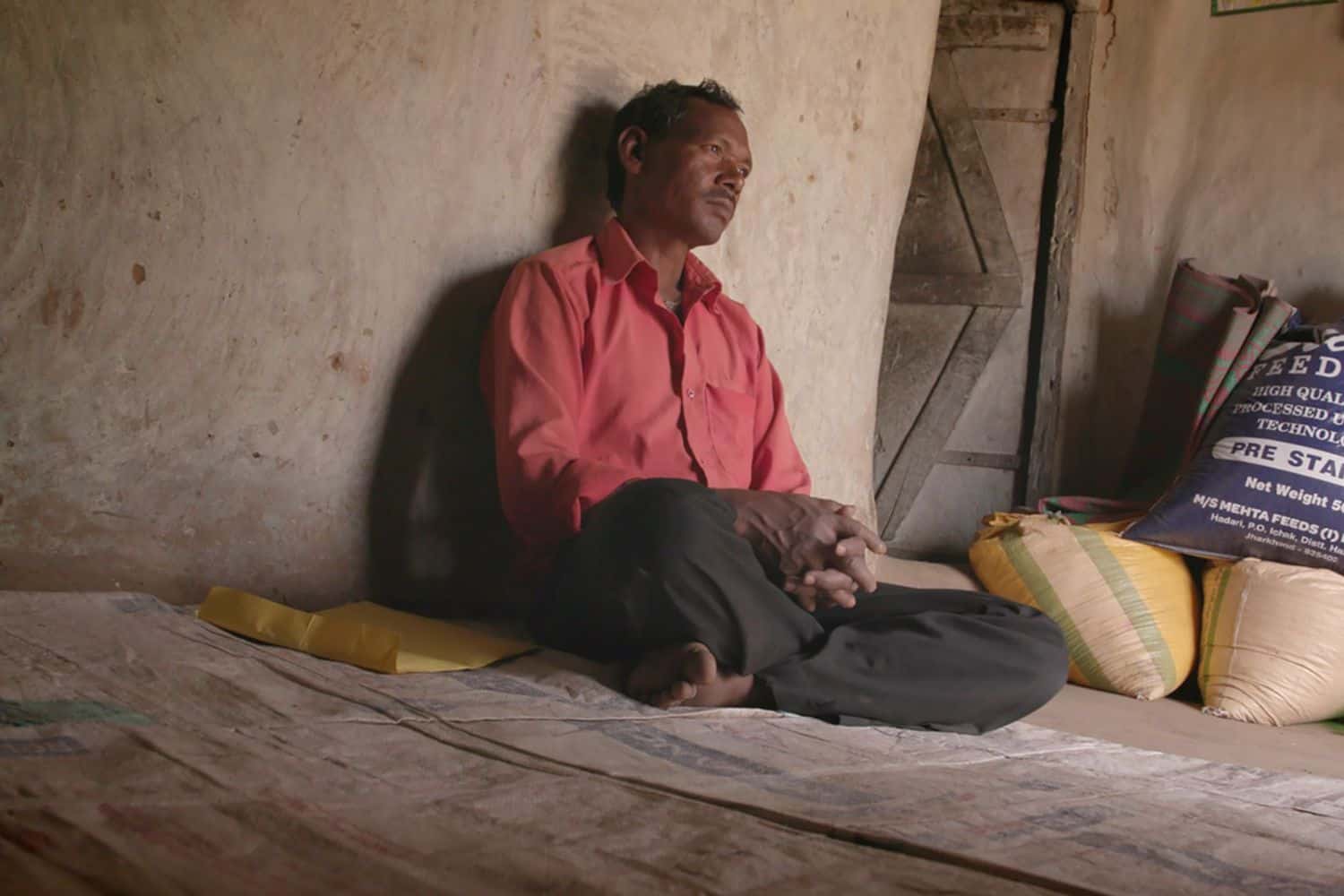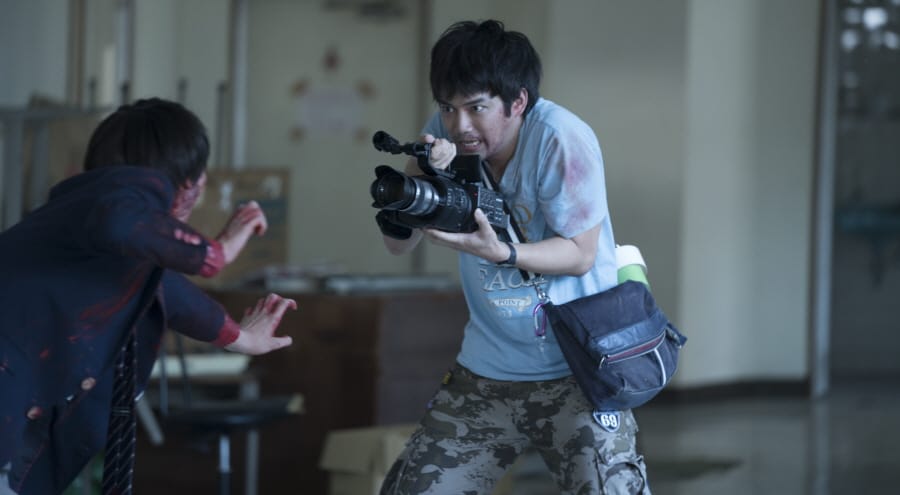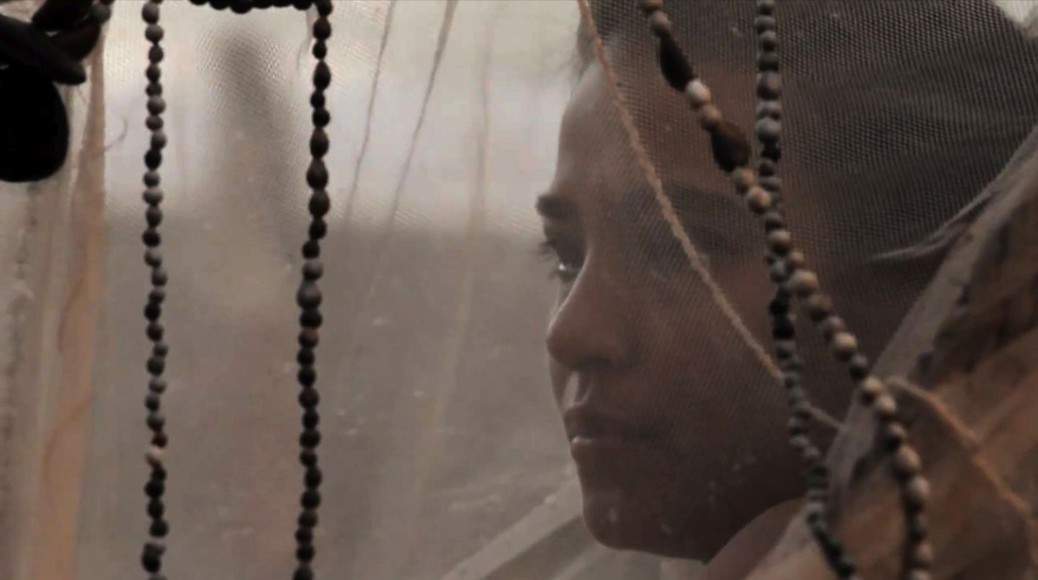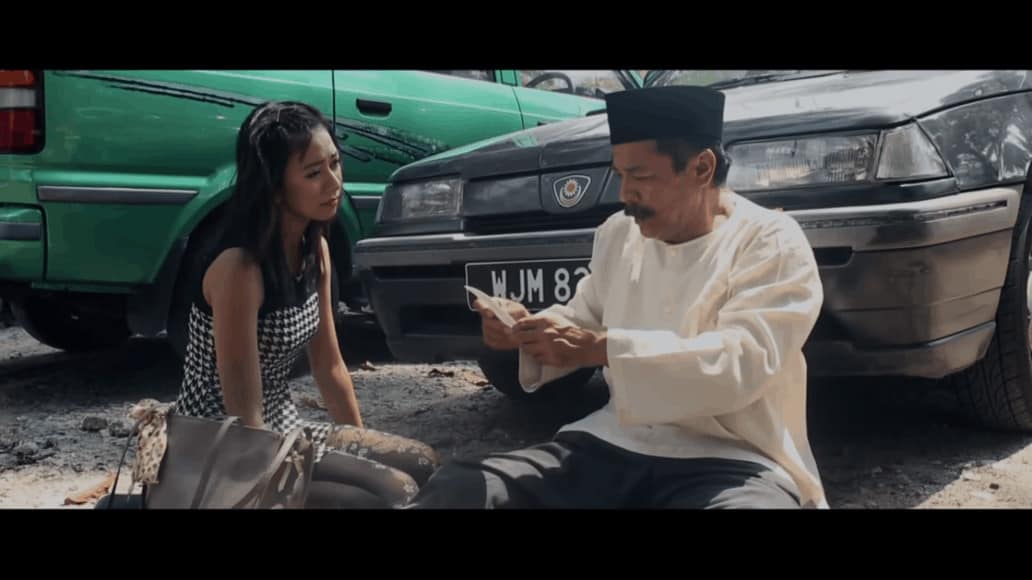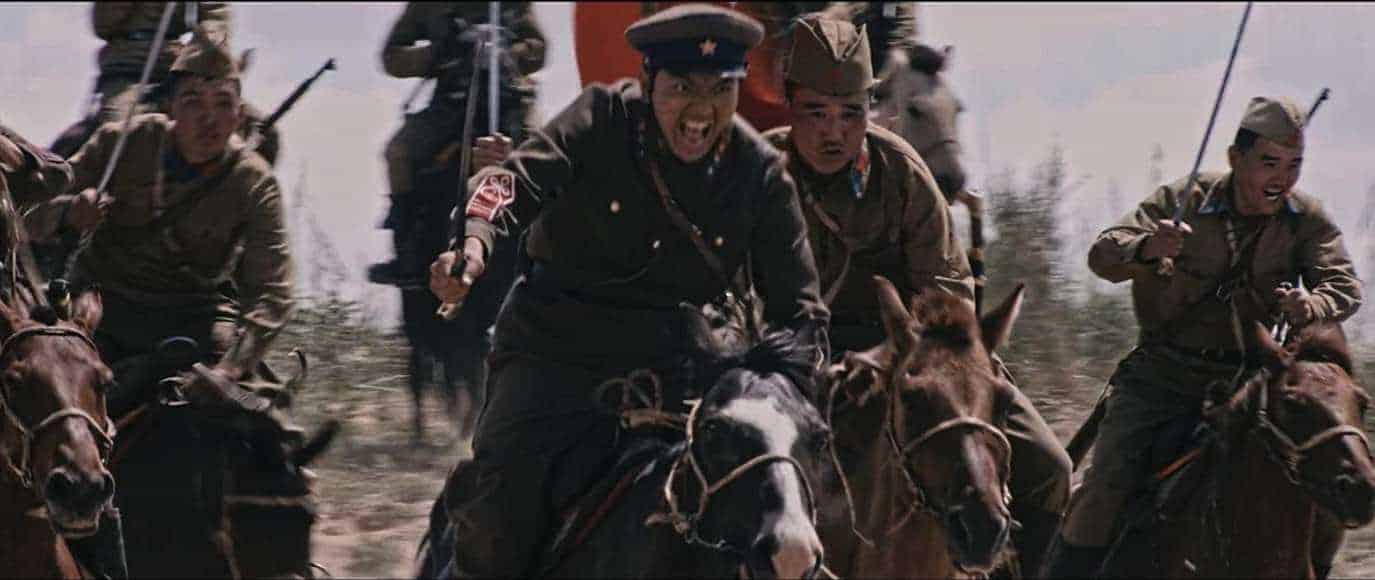When it comes to making a movie, there are probably thousands of stories, especially regarding the financing and finding the right production company. At times these backgrounds are just as comedic, suspenseful and entertaining as the movies themselves, which is why these are also turned into documentaries, for example, “Heart of Darkness” about the making of Francis Ford Coppola's “Apocalypse Now”. The Asian movie industry has its own brand of stories to tell in that regard, as the film business consists just as much of shady characters as probably anywhere else, and also creative minds who would do anything to fulfill their dream of a feature of their own. Renowned photographer and radio personality Sunny Lau was probably inspired by some of them for his director debut “Sugar Street Studio”, a feature which is just as a much a ghost story as it is about the fine line between fake and truth within the film industry.
Sugar Street Studio is screening at Udine Far East Film Festival
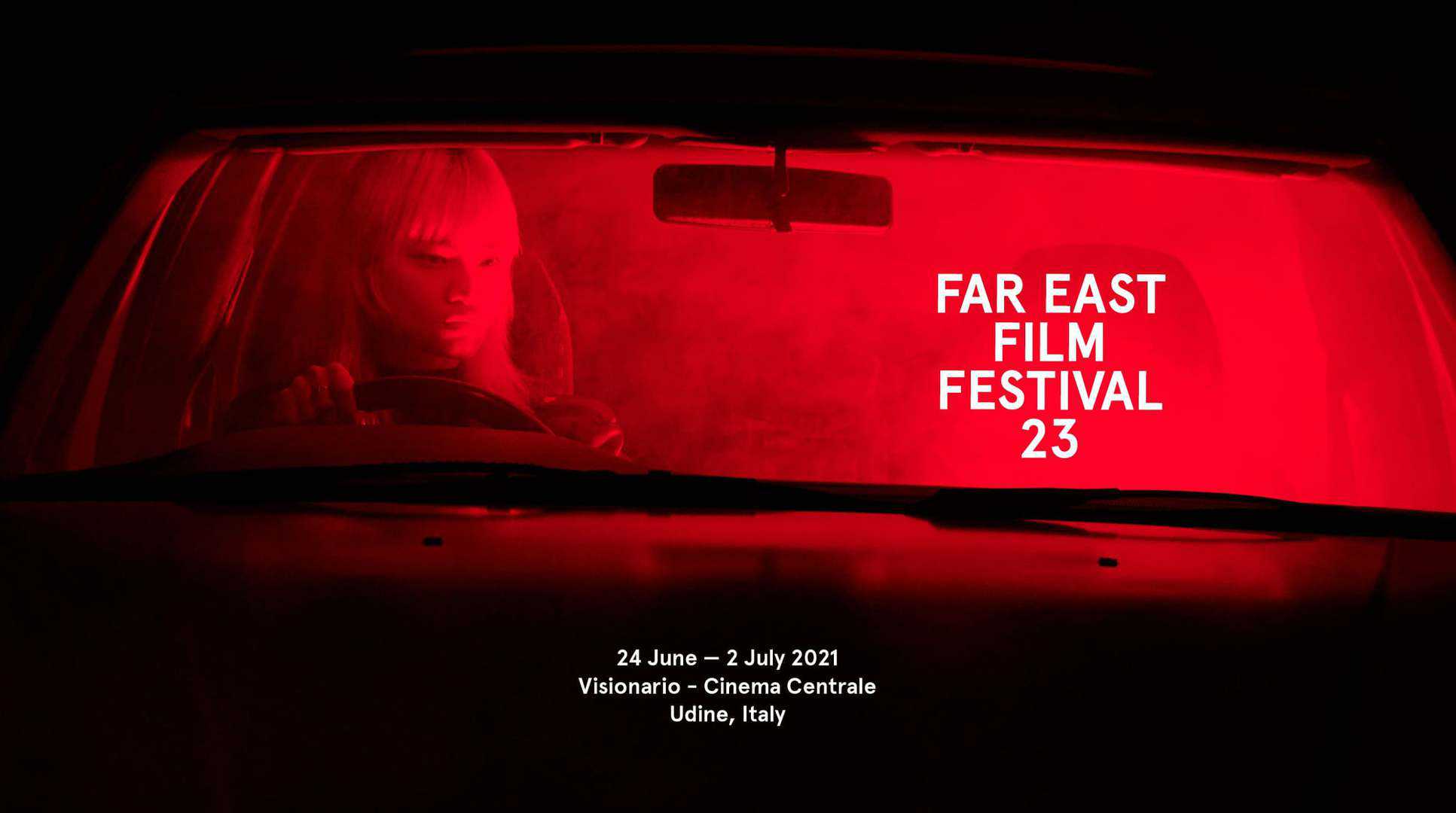
When a shady film producer is put on the spot by one of his investors, a powerful gangster boss (Eric Kot), to either make the horror feature he has promised a long time ago or return the money he owes, he comes up with a last-minute idea. Since one of the gangster's investments, a former film studio, is not making any money, he pitches the idea to exploit the rumors about the place being cursed and turn it into a haunted attraction. Even though the gangster is skeptical, he gives him one month time to turn it into a profit, so that the producer gives the special effects-crew of Gary (Yat-ho Wong), who has not been paid fully in quite a while, the task to design the former studio.

Upon investigating the backstory to the place, the crew gets to know about a fire which caused the death of the female lead in a romantic movie and an extra, who supposedly started the fire. Upon the grand opening of the haunted attraction, they invite the male lead of the cursed production, Pierre (Matt Chow) to give his blessing to their enterprise. However, the ghosts, as it soon turns out, are quite real and occasionally spook the costumers, thus creating quite a buzz on social media. While the producer and his investor are satisfied with the result, Gary and his crew decide to investigate further and slowly uncover the grim truth behind the fire so many years ago.
Although the images of “Sugar Street Studio” make Sunny Lau's feature look like a horror movie, the truth is it is probably more of a satirical look at the Hong Kong film industry. That does not mean that Lau makes fun of it, but rather takes a closer, often quite admiring look at the creative minds within the industry, especially their talents in conning people and creating illusions. Indeed, one of the characters highlights that point quite early on, when claiming you have to be a good con-artist in order to become a success in this city. Sunny Lau and co-writer Pok-Chune Kan play with that dichotomy of fakeness and reality, and the sheer joy in creating that perfect illusion which is sometimes so hard to distinguish from the truth.
Considering these themes and the design of the characters, “Sugar Street Studio” is a feature which does not take itself too seriously. The exchanges of Gary and his crew are defined by corny one-liners and slapstick comedy, making it at times feel like an unofficial entry into the “Scary Movie”-franchise. At the same time, Lau seems to poke fun at how audiences and the media crave for that great con, that grand illusion which people like the special effects artists create, showing the kind of respect for their craft. Combined with the aforementioned light-hearted approach to the story, “Sugar Street Studio” provides a lot of fun for its audiences, while not overstaying its welcome with its 89 minutes of running time.
In the end, “Sugar Street Studio” is a fun feature about the relationship of reality and illusion in the film industry. Sunny Lau manages to tell an entertaining story about the great con artists of the medium, showing respect for their craft and how audiences crave that kind of illusion in their lives.


